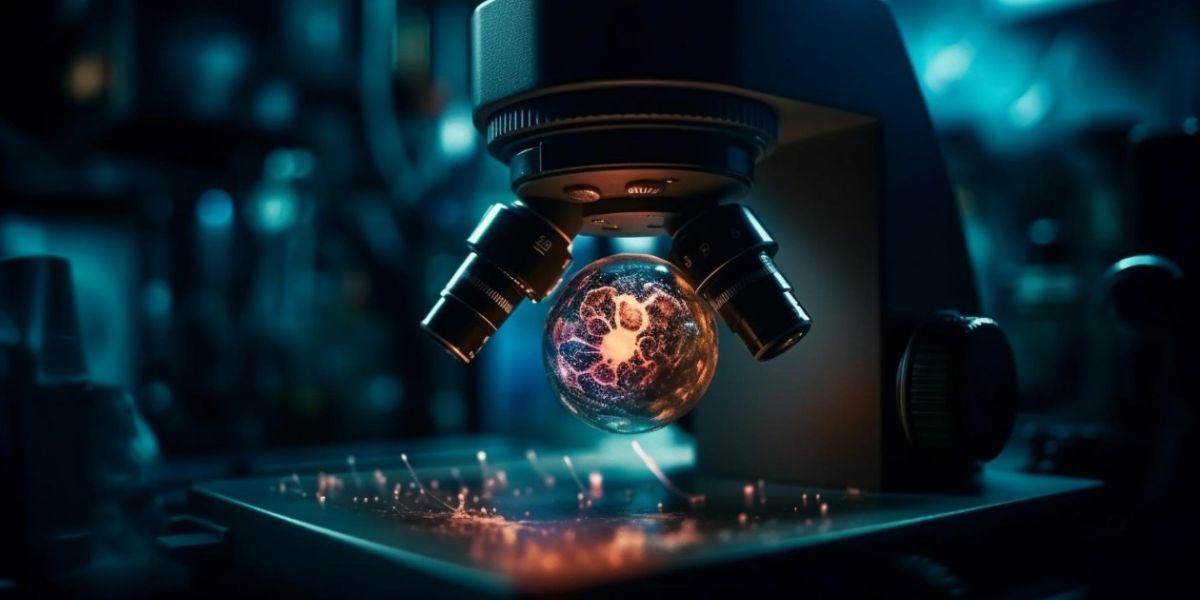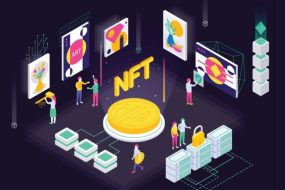
In the dynamic intersection of biology and technology, biohacking emerges as a compelling frontier, offering unprecedented possibilities for personal enhancement. From genetic modifications to wearable devices, the synergy between these two realms is reshaping the way we perceive and optimize our well-being.
Understanding Biohacking
Biohacking, at its core, is the art of using technology and biology to enhance physical and mental capabilities. It goes beyond conventional health practices, delving into personalized interventions that aim to optimize performance and well-being.
The Genetic Landscape
Advancements in genetic engineering have paved the way for personalized interventions. CRISPR technology, hailed as a breakthrough, allows for precise gene editing, opening doors to eliminating hereditary diseases and enhancing specific traits.
Wearable Technology in Biohacking
Wearable devices are becoming the norm in biohacking, providing real-time data on various physiological parameters. From smartwatches monitoring heart rate to EEG headsets measuring brain activity, these devices empower individuals to make informed decisions about their health.
The Role of Nanotechnology
Nanotechnology plays a pivotal role in biohacking, enabling the creation of nanobots that can navigate the human body for targeted interventions. These microscopic marvels hold promise in delivering drugs directly to cells, repairing tissues, and even augmenting cognitive functions.
Ethical Considerations
While the potential of biohacking is immense, ethical considerations loom large. The ability to manipulate genes and enhance human capabilities raises questions about the boundaries and consequences of such interventions.
The Future of Biohacking
As technology advances, so does the landscape of biohacking. Future possibilities include the integration of artificial intelligence to analyze vast datasets and provide personalized recommendations, taking biohacking to new heights.
Combating Aging
Biohacking aims not only to enhance but also to extend life. Researchers are exploring ways to slow down the aging process through interventions at the cellular and molecular levels.
Cognitive Enhancement
The quest for cognitive enhancement is a driving force in biohacking. Nootropics, brain stimulation techniques, and neurofeedback devices are gaining popularity as tools to boost memory, focus, and overall cognitive function.
The Nexus of Biology and Technology: Challenges and Opportunities
The merging of biology and technology brings forth a myriad of challenges and opportunities. Striking the right balance between innovation and ethical considerations will shape the future of biohacking.
Regulatory Landscape
As biohacking gains momentum, regulatory frameworks must evolve to ensure the responsible and safe use of these technologies. Balancing innovation with ethical guidelines will be crucial in navigating this uncharted territory.
Accessibility and Inclusivity
Ensuring that the benefits of biohacking are accessible to all is a challenge that needs addressing. The democratization of these technologies is essential to prevent the creation of exclusive enhancements for a privileged few.
Final Words
In the realm where biology and technology converge, biohacking stands as a testament to human ingenuity. As we navigate this uncharted territory, it is imperative to approach with a blend of curiosity, responsibility, and ethical considerations. The synergy between our biological essence and technological prowess opens doors to a future where personal enhancement knows no bounds.
Commonly Asked Questions
1. Is biohacking safe for everyone?
Biohacking, when done responsibly and under proper guidance, can be safe for most individuals. However, seeking professional advice before embarking on any biohacking journey is recommended.
2. How does CRISPR technology work in gene editing?
CRISPR technology utilizes specialized molecules to precisely edit genes. It acts as molecular scissors, allowing scientists to modify specific DNA sequences, potentially correcting genetic defects.
3. Are there any ethical concerns with biohacking?
Yes, ethical concerns surround biohacking, particularly regarding genetic modifications and the potential for creating disparities in society. Striking a balance between innovation and ethical considerations is crucial.
4. What role does nanotechnology play in biohacking?
Nanotechnology enables the creation of nanobots, microscopic devices that can navigate the human body for targeted interventions. This holds potential for precise drug delivery and tissue repair.
5. How can regulatory frameworks keep up with advancing biohacking technologies?
Regulatory frameworks need to adapt to the rapid advancements in biohacking. Collaboration between scientists, policymakers, and ethicists is essential to create guidelines that balance innovation and safety.
Advertisement








